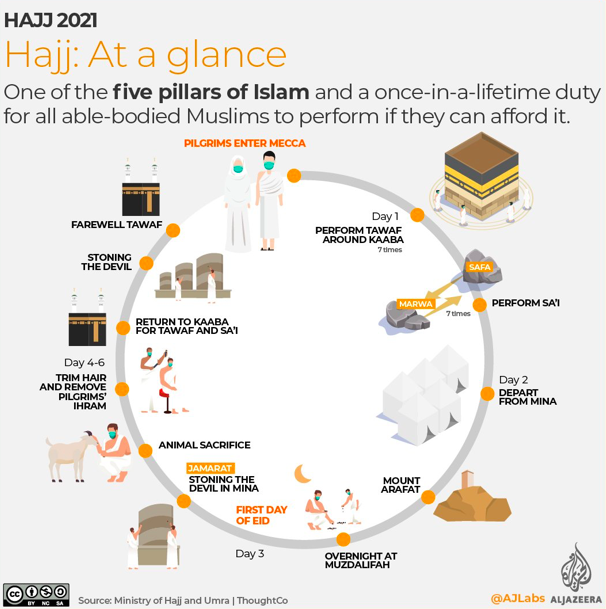
1. On the anniversary of 9-11, the most well-researched disaster of all time (at least until Covid), here is a thread of some of the readings I recommend on public behaviour during the event (mostly free access) #September11th
2. Solnit’s inspirational book describes the spontaneous coordination in the evacuation of New York, an emphatic answer to those who ask me whether disaster solidarity can arise a strongly individualist country #September11th
penguinrandomhouse.com/books/301070/a…
penguinrandomhouse.com/books/301070/a…
3. Brilliant Proulx & Fahy paper – what went right with the WTC evacuation; 99% of those below where the plane struck in Tower 1 survived #September11th
global.ctbuh.org/resources/pape…
global.ctbuh.org/resources/pape…
4. ‘Helping behavior, the definition of norms in the stairwells, and episodes of deviant behavior as emerging norms were all evident in the evacuation process’ (Rory Connell) #September11th
udspace.udel.edu/handle/19716/6…
udspace.udel.edu/handle/19716/6…
5. One of @evacguy's team’s papers describing their massive interview & modelling study, here focused on frequency of occupant stoppages on stairs, occupant stair travel speeds, & occupant response times #September11th
csap.cam.ac.uk/media/uploads/…
csap.cam.ac.uk/media/uploads/…
6. Tierney’s account of improvised coordination among professional responders, whose control centre was knocked out, in collaboration with the survivors’ own spontaneous response #September11th
essays.ssrc.org/sept11/essays/…
essays.ssrc.org/sept11/essays/…
7. Dynes on the contrast between the spontaneous cooperation observed among survivors and the state’s focus on ‘command and control’ based on disaster myths #September11th
ijmed.org/articles/229/d…
ijmed.org/articles/229/d…
8. Those evacuating the building mostly cooperated and attempted to provide each other with social support (Averill et al.) #September11th
nist.gov/publications/o…
nist.gov/publications/o…
9. This study examines factors associated with initiation and length of time for evacuation, including sensory cues, risk perception, delaying behaviors, and following a group or an emergent leader #September11th
onlinelibrary.wiley.com/doi/10.1002/fa…
onlinelibrary.wiley.com/doi/10.1002/fa…
10. @ericakul’s recent reflection on how analysis of the evacuation contributed to safer evacuations subsequently #September11th
theconversation.com/how-the-terrif…
theconversation.com/how-the-terrif…
11. Finally, my blogpost summarizing some of the research and the implications for policy and practice – What do the events of 9-11 tell us? #September11th
drury-sussex-the-crowd.blogspot.com/2011/09/what-d…
drury-sussex-the-crowd.blogspot.com/2011/09/what-d…
• • •
Missing some Tweet in this thread? You can try to
force a refresh







